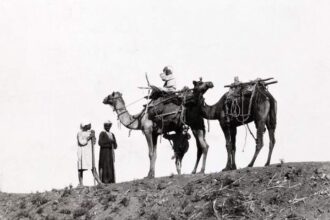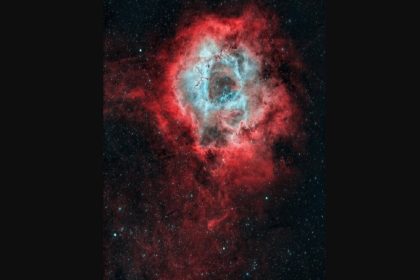A start-up company called Albedo plans to launch a new satellite with the ability to recognize people's faces by 2025. The launch of this satellite can cause problems for people's privacy in the future. Therefore, experts have warned about this.
According to Tekna technology and technology news service, privacy experts have warned against the launch of a new satellite with facial recognition capability and said that this satellite can spy on all people's movements if launched.
Albedo has developed a new satellite that can zoom in on people's faces or license plates from space, raising concerns about the removal of people's privacy. The company claimed that facial recognition software was not used in this satellite, but did not comment on the imaging of people and their privacy. This company plans to monitor possible threats against national security through two separate million-dollar contracts with the US Air Force and the National Aerospace Intelligence Center in this country. Last month, 35 million dollars of funding was collected for the commercialization of this company's satellite. Also, 48 million dollars were paid to this company in 2022. Haddad, one of the founders of this company, announced that the air fleet of this company probably includes 24 satellites.
Jennifer Lynch, general counsel of the Electronic Frontier Foundation, stated in this regard that this satellite is like a giant camera in the sky and the use of its data is available to any government without our knowledge. Therefore, one should be concerned about throwing it. Jonathan McDowell, an astrophysicist at Harvard's Center for Astrophysics, said of the satellite that it would be a step toward a world where Big Brother is watching over us. This phrase refers to the famous novel 1984 by George Orwell, in which a government figure monitored and controlled people's lives in various ways.
The Electronic Frontiers Foundation announced about this satellite that these private satellites were used for research and commercial uses. For example, their data could be used to track oil reserves in the world's deforested Amazon, identify boats involved in illegal fishing. But now the many uses of these satellites and their detailed data can violate some human rights, and technologies that seek to violate human rights can be used continuously.
RCO NEWS


















